Coupled Phase-locked Loops: Stability, Synchronization, Chaos And Communication With Chaos
Modern technological, biological, and socioeconomic systems are extremely complex. The study of such systems largely relies on the concepts of competition and cooperation (synchronization). The main approaches to the study of nonlinear dynamics of complex systems are now associated with models of collective dynamics of networks and ensembles, formed by interacting dynamical elements.Unfortunately, the applicability of analytical and qualitative methods of nonlinear dynamics to such complex systems is severely restricted due to the high dimension of phase space. Therefore, studying the simplest models of networks, which are ensembles with a small number of elements, becomes of particular interest. Such models allow to make use of the entire spectrum of analytical, qualitative, and numerical methods of nonlinear dynamics. This book is devoted to the investigation of a kind of such systems, namely small ensembles of coupled, phase-controlled oscillators. Both traditional issues, like synchronization, that are relevant for applications in radio-communications, radio-location, energy, etc., and nontraditional issues of excitation of chaotic oscillations and their possible application in advanced communication systems are addressed.
{{comment.content}}
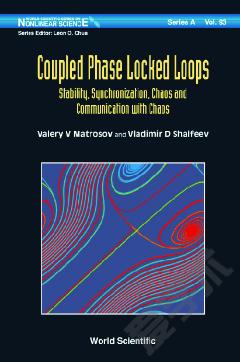
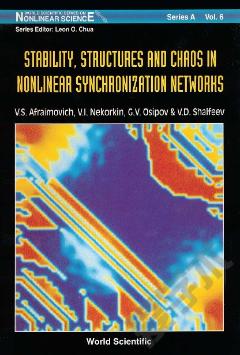

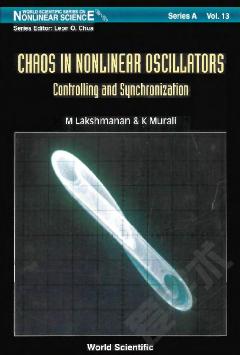
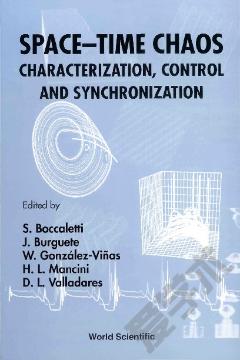
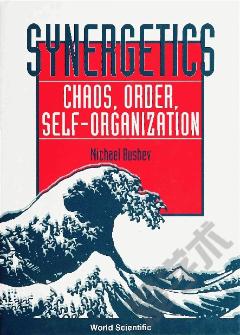
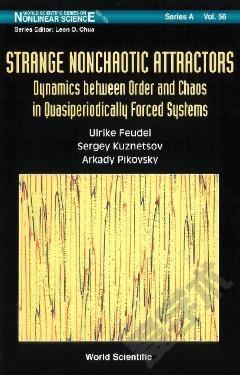

 京公网安备 11010802027623号
京公网安备 11010802027623号